Abstaract
As a norm of today’s scientific society, which have been a little criticised, researchers usually do not report unsuccessful works or tested research pathways and worldviews that did not work. But what about worldviews and solutions that are gradually being closed-off in minds of researchers to reach a prospective promising solution or worldview to a problem? The present paper tries to shed light on this based on two recent research projects. Although the issue is related to the field of knowledge management and tacit form of knowledge, and to the new Mode of knowledge production as theorized by Gibbons, it is practically studied here as a research methodological or research design concern. Based on the Urmia lake restoration research project and the research project for designing a participatory learning ecosystem in Golbaf town of Iran, it was found that there are serious worldviews and solutions being closed-off during the research, only through which the researchers were able to reach prospective final solutions. In line with scientific norms, these closed-off worldviews (approaches) and solutions were not documented, communicated or disseminated. The research group retrospectively found that this was a reason for serious problems in fragmentation of ethnography results and solutions provided, in miscommunication with stakeholders, in misunderstanding of the problem by stakeholders other than researchers, and in transferring the implicit knowledge to next researchers and projects. The evidences imply that a scientific work should include both approved and closed-off worldviews and solutions, since both are advantageous the same and that it would also prevent biases and leads to better management of tacit knowledge. Thus, it is suggested to have documentation and communication of closed-off worlds incorporated into research designs. Currently, our researchers are going to add weekly/ monthly informal documentation of closed-off worldviews and solutions into their knowledge management agenda. This is going to be utilized by our interventionist researchers to gain a deeper second order of knowledge of the research process and mindset change, in regular discussions, in communications with stakeholders and in dissemination of results.

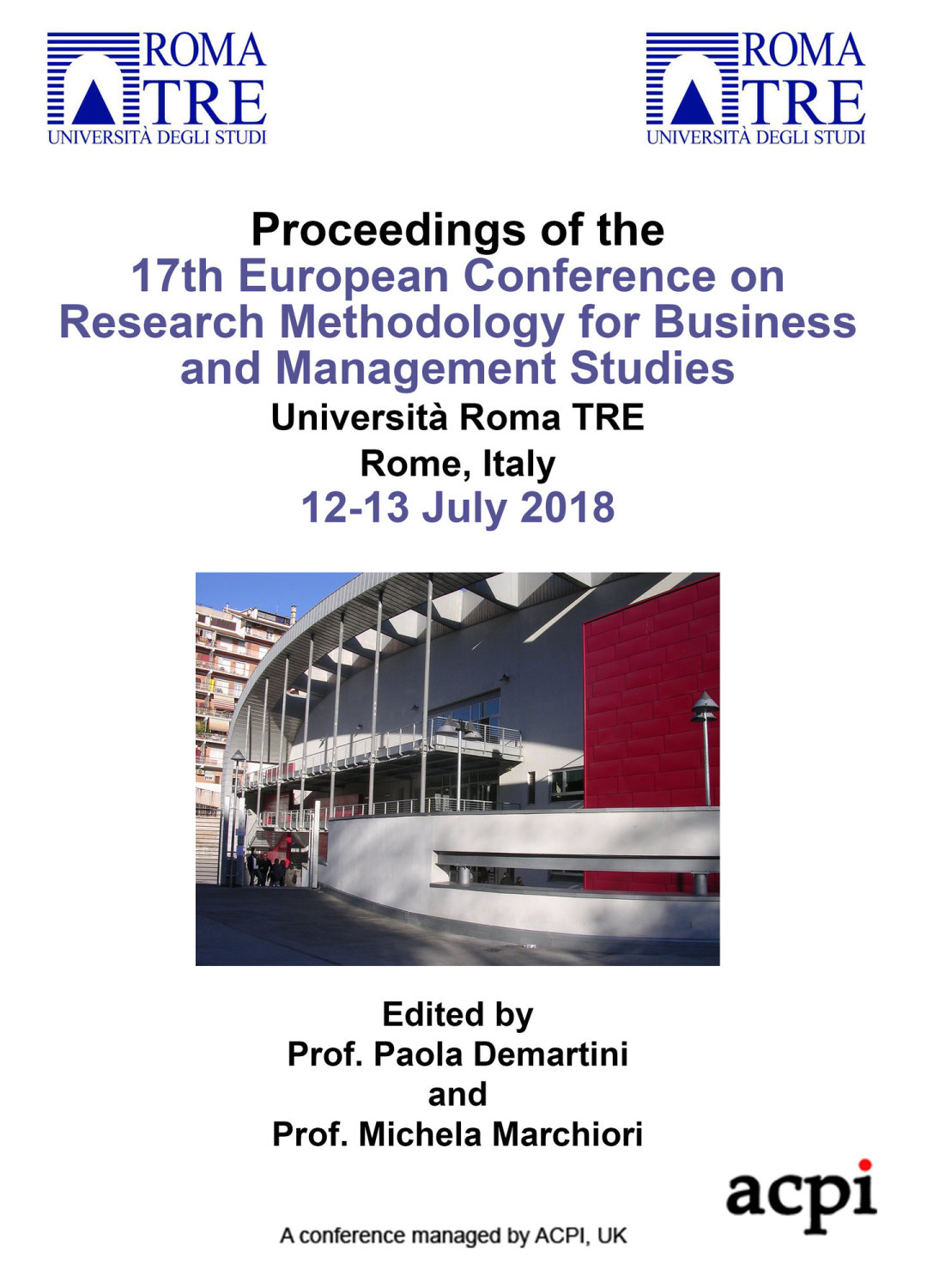
 Ali Maleki
Ali Maleki Najmoddin Yazdi
Najmoddin Yazdi.jpg)
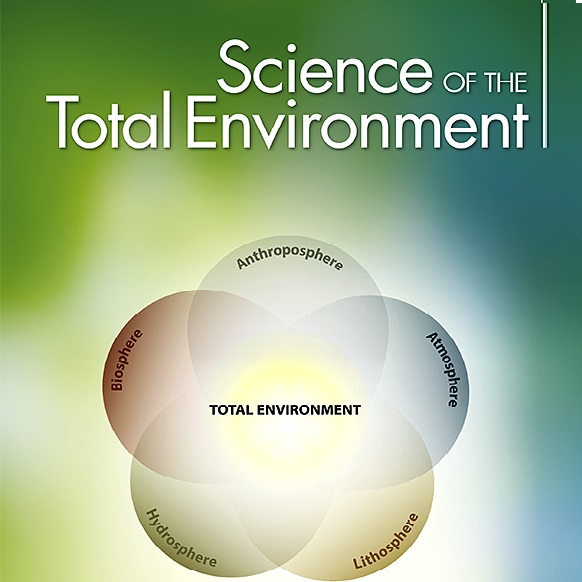
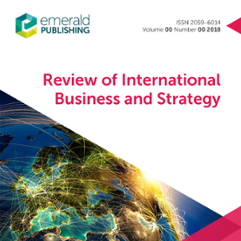
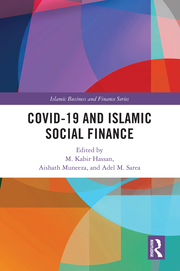
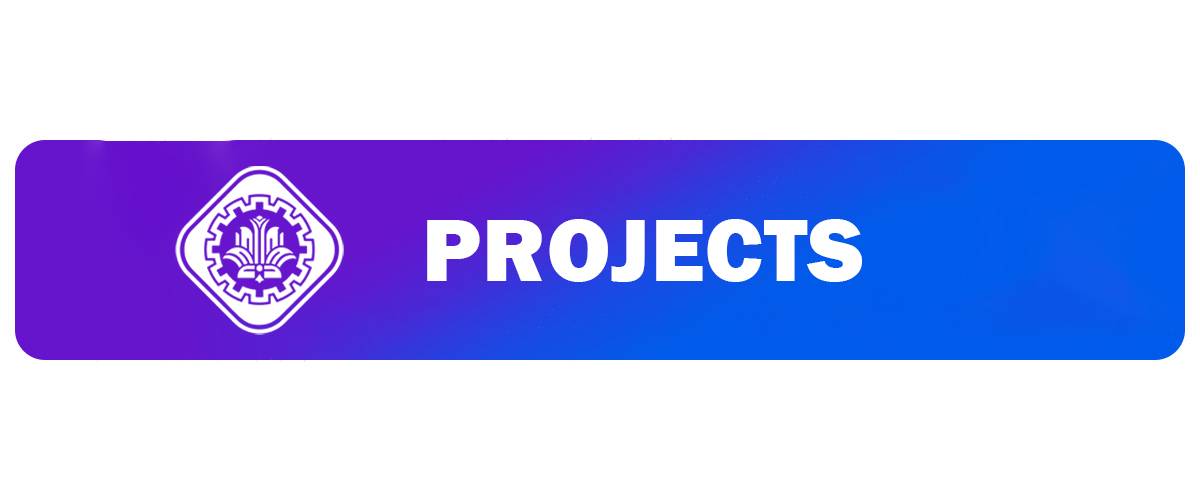

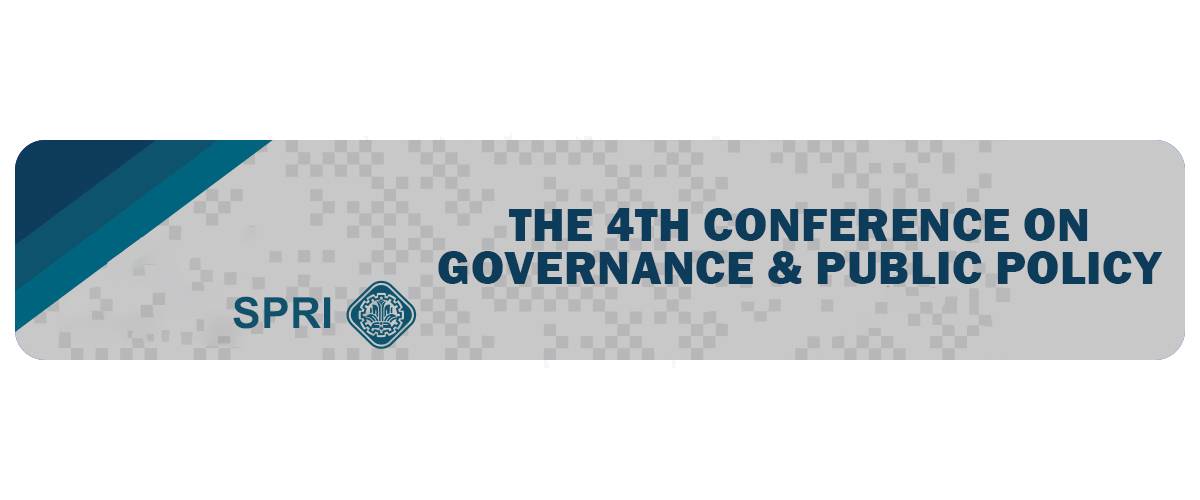
.jpg)